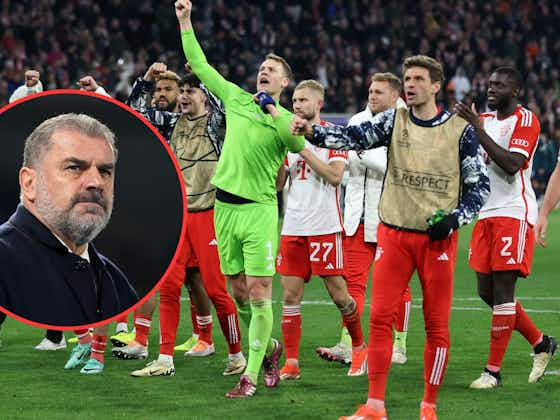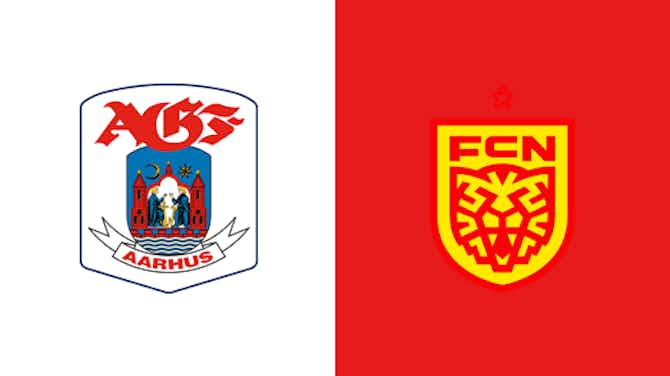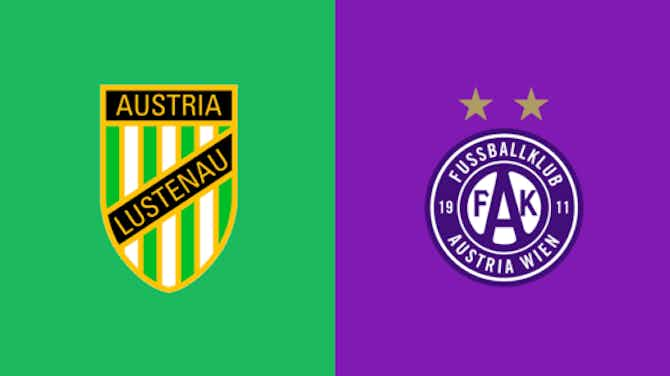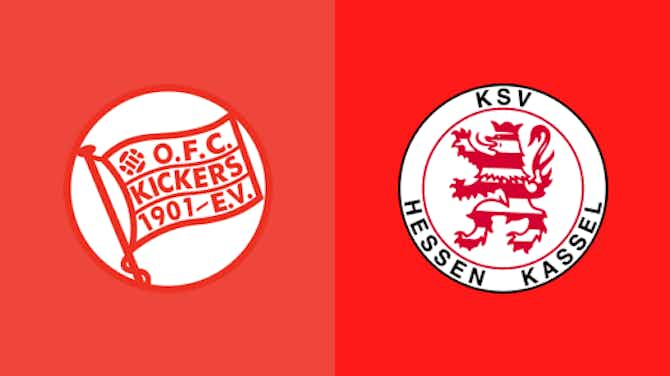Squawka
·19 April 2024
Uefa coefficient: What this week means for Premier League hopes of a fifth UCL spot

Squawka
·19 April 2024

The European football landscape is getting a revamp next season as the Champions League, Europa League and Europa Conference League adopt new ‘Swiss style’ formats.
Group stages will be gone, with teams instead put together in a giant ‘league phase’, with every team guaranteed eight fixtures. But the most exciting aspect by far is the extra Champions League spot offered to the leagues occupying the top two places in Uefa’s coefficient ranking.
However, the Premier League’s hopes of adding a fifth team to Europe’s top table took a real hit this week. Manchester City lost their Champions League quarter-final against Real Madrid on penalties, while Bayern Munich also knocked out Arsenal. Elsewhere, Liverpool failed to overturn Atalanta’s 3-0 lead and West Ham fell to Bayer Leverkusen.
So, how exactly will the new European places be distributed and how can the Premier League still grab itself an extra Champions League spot?
Losing four teaams from the Champions League and Europa League this week was a disaster for the Premier League’s hopes of a fifth Champions League spot.
Each win in the Champions League, Europa League and Europa Conference League (at this stage) is worth two points in the Uefa coefficient rankings. A draw is worth one and bonus points are added for for progression. Points earned by all teams representing their nations are then added together and averaged, based on the number of teams from the relevant nation who started the season in Uefa competitions.
Right now Italy have an unassailable lead on top spot from England’s point of view. Bayern Munich and Borussia Dortmund reaching the Champions League semi-finals and Man City and Arsenal going out — plus Liverpool and West Ham exiting the Europa League, with Bayer Leverkusen going through — means Germany have control of second place in the coefficient ranks.
Aston Villa are going well in the Europa Conference League, having made the semi-finals. However, for England to move back above Germany in the rankings, they would need to win all remaining games in the Europa Conference League and essentially hope the three Bundesliga teams fail to gain any further points. Even then there is the threat of Paris Saint-Germain and Marseille winning the Champions League and Europa League respectively, which could see France pip both England and Germany to second spot.
Italy are most likely to have a fifth Champions League spot next season and at present, that means Roma look primed for a return to Europe’s elite as they sit fifth, four points clear of Atalanta. The extra spot will also allow surprise package Bologna to sleep a little easier in fourth, with an eight-point gap on sixth.
It’s worth noting here that if a team wins the Europa League but finishes outside its nation’s Champions League spots, that country will receive an extra place in the competition. This means that if Roma slip outside the top five but manage to win the Europa League, or if Atalanta take the title, Italy will receive six Champions League places in 2024/25, as the cap is now seven teams.
If Germany hold onto second place in the coefficient, that’ll mean Borussia Dortmund are basically guaranteed to remain a Champions League team next season, regardless of whether or not they win the competition this time around. Edin Terzic’s semi-finalists have slipped to fifth in the Bundesliga — level on points with RB Leipzig in fourth — but are 14 points clear of Eintracht Frankfurt with just five games to go, meaning they’re all but confirmed to finish in the top five.
In the unlikely event England manages to regain the fifth Champions League spot, Tottenham are the most likely to benefit right now. The Lilywhites sit fifth at present, three points behind Aston Villa in the top four. However, they hold a 10-point advantage over Newcastle and Manchester United with just six games to play. Of course, this is an unlikely scenario, so Ange Postecoglou and Unai Emery will be praying their players have enough to secure fourth place.
*+1 for a top-two spot in Uefa’s association coefficient ranking for the season
Next season’s Champions League will see 36 teams compete in the competition proper; a four-team increase on the current campaign. As mentioned, rather than being split into groups, all 36 teams will be placed into a single league format with eight fixtures each against eight different opponents. The top eight teams from this league format will qualify automatically for the round of 16, while teams positioned ninth to 24th will compete in a two-legged knockout phase play-off to earn their right to play in the last 16.
The teams finishing ninth to 16th in the league phase will also be seeded in the play-off round, meaning they’ll be drawn against teams placed 17th to 24th. In theory, this should incentivise teams to play for points right until the last game to secure a more favourable play-off match.
From the round of 16 onwards, the Champions League will follow its current knockout format and unlike in previous years, there is no dropdown to the Europa League from the league phase onwards.
Speaking of the Europa League, Europe’s secondary competition will adopt a similar format to the Champions League, as will the Europa Conference League — which will be renamed to simply the ‘Conference League’ — though the third-tier competition will feature just six league phase matches per team.






























































